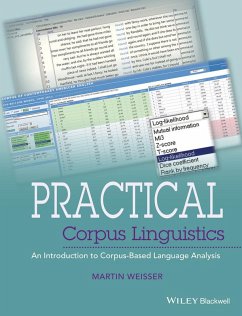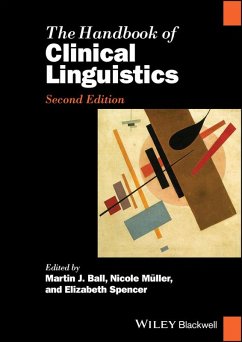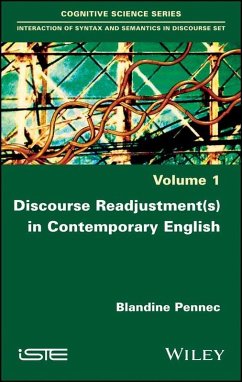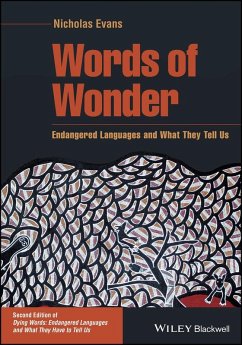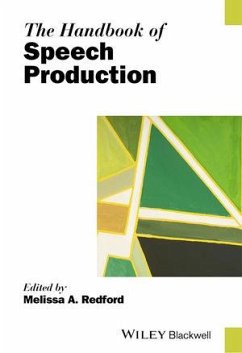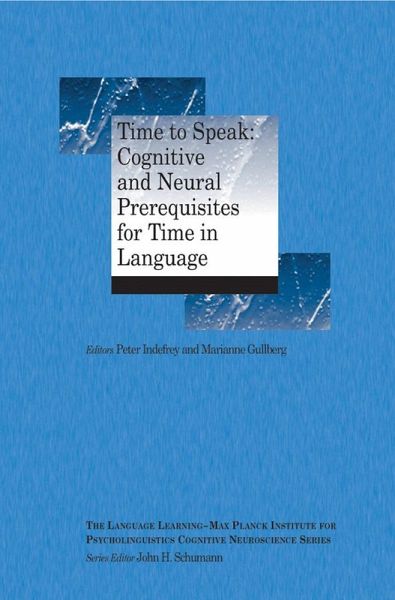
Time to Speak (eBook, PDF)
Cognitive and Neural Prerequisites for Time in Language
Redaktion: Indefrey, Peter; Gullberg, Marianne
Versandkostenfrei!
Sofort per Download lieferbar
35,99 €
inkl. MwSt.
Weitere Ausgaben:

PAYBACK Punkte
0 °P sammeln!
Time is a fundamental aspect of human cognition and action. All languages have developed rich means to express various facets of time, such as bare time spans, their position on the time line, or their duration. This volume explores what we know about the neural and cognitive representations of time that speakers can draw on in language. Considers the role time plays as an essential element of human cognition and action, providing important insights to inform and extend current studies of time in language and in language acquisition Examines the main devices used to encode time in natura...
Time is a fundamental aspect of human cognition and action. All languages have developed rich means to express various facets of time, such as bare time spans, their position on the time line, or their duration. This volume explores what we know about the neural and cognitive representations of time that speakers can draw on in language.
- Considers the role time plays as an essential element of human cognition and action, providing important insights to inform and extend current studies of time in language and in language acquisition
- Examines the main devices used to encode time in natural language, such as lexical elements, tense, and aspect, and draws on the latest psychological and neurobiological findings
- Addresses a range of issues, including: the relationship between temporal language, culture, and thought; the relationship between verb aspect and mental simulations of events; the development of temporal concepts; time perception; the storage and retrieval of temporal information in autobiographical memory; and neural correlates of tense processing and sequence planning
Dieser Download kann aus rechtlichen Gründen nur mit Rechnungsadresse in D ausgeliefert werden.






